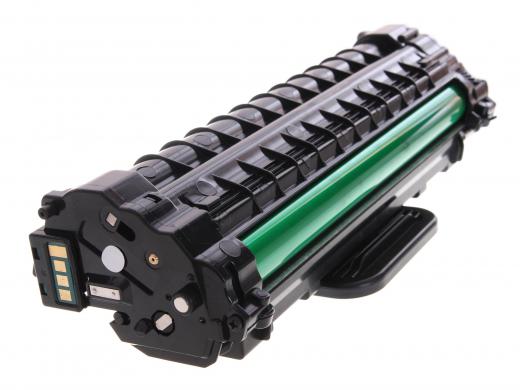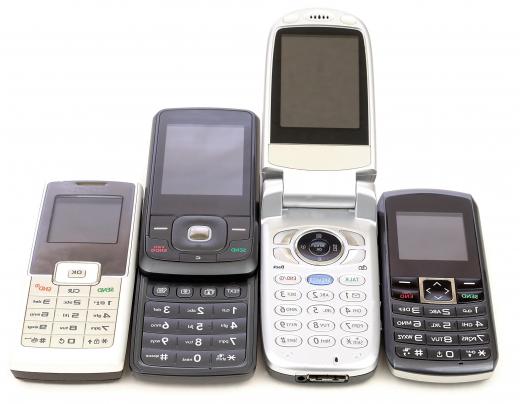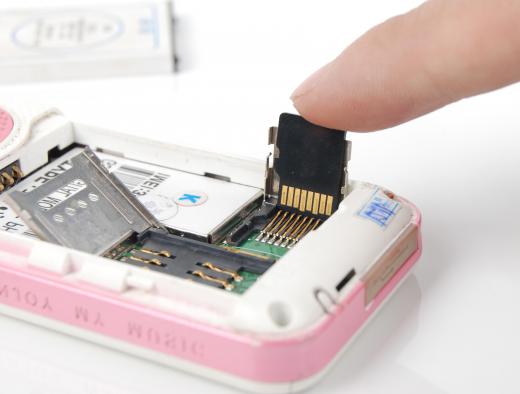In most states and in many countries, there are now specific rules regarding the disposal of electronics items. Many electronics and appliances contain hazardous materials that need to be disposed of in a safe manner. Yet another reason why disposal programs may specify certain procedures for getting rid of anything from TVs to cell phones or laptops is to give demanufacturers a chance.
Even if a computer is obsolete or your cellphone doesn’t work anymore, it can contain parts that are still of value. These parts can be taken from the other less useable parts and recycled, which in some cases nets a profit over the cost of throwing out an item. You’ll note the many public charities that now collect cell phone batteries or used ink cartridges. This is because to demanufacturers, these items have value, and recycling some of their component parts can make a profit.

Demanufacturers may specialize in removing recyclable parts of certain electronics, or they may work on a wide range of electronic devices, taking them apart and removing the “good stuff” that can help build a profitable business. Companies may work as part of a county, city or state disposal agency, or they may hold private contracts with waste management companies to perform this business. You might find private companies listed under e-waste in telephone books or online.

Some e-waste items pose more trouble to demanufacturers than do others. For instance, disassembling a television is more labor intensive than taking a few parts out of a cellphone. Not all items are as profitable to demanufacturers. In general, personal computers, home telephones and the like aren’t going to net much profit, though there is some. This is why you can expect to pay a fee if you take this equipment to a “recycling” center.

On the other hand, companies with large mainframe computer systems may make a profit when they take equipment with a lot of valuable parts to a demanufacturer. Most demanufacturers will pay, rather than charge companies recycling large systems. This gives businesses a way to make a little money by recycling and demanufacturing, and ensures that items are disposed of in a safe manner.
As the world looks to more “green” methods of disposal, it might be worthwhile to consider that the things you view as “worthless” because they don’t work well anymore, may not be without value. Any part that can be recycled reduces the total number of new parts that need to be made out of materials that we might like to use less of. Companies using recycled parts may in turn be able to transfer savings to consumers. In all, demanufacturers serve an important part in creating a “greener” world.
